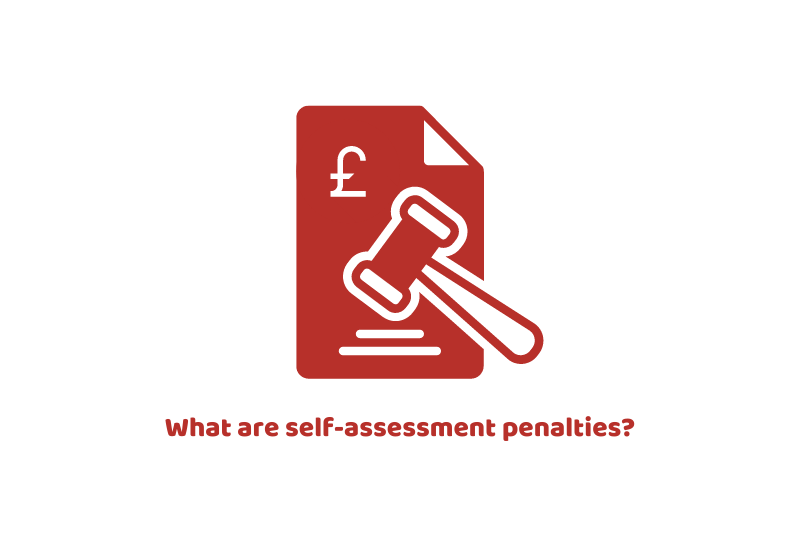Based on recent years, HMRC will potentially issue at least 1 million late filing penalties. It’s important to stay ahead of the game. In terms of advising clients that fail to meet the filing obligation, you’ll be able to address disputes with HMRC.
Finance Act 2009, Schedule 55, and Schedule 56 reformed the penalty regime for self- assessment. There are two types of penalties that need to be considered
- Consider late filing penalties.
- Late payment penalties
Late filing penalties are as follows
- £100 penalty is due after the filing. This applies even if there is no tax to pay. All you need to do is take care of the due date.
- Daily penalties of £10 per day for returns are three months late. These run for 90 days at least.
- A return is outstanding six months after the filing date. A further penalty of 5% of the tax due for the return period or £300. That’s even greater.
- If the return is still outstanding 12 months after the filing date, a further penalty of 5% of the tax due for the return period or £300, whichever is the greater; and
- Penalties of 70% of tax are due. That’s where a person fails to submit a return for 12 months. Talk about all the withheld information. HMRC will access the tax due (to increase 100% penalty if deliberate).
Late payment penalties
- 5% of penalties for the amount of tax are unpaid. This happens 30 days after the due date of the payment.
- Further penalties of 5% of any amounts of tax are unpaid.
- Further penalties of 5% of any amounts of tax still unpaid.
Time to pay
HMRC can suspend late payment penalties where the taxpayer agrees a Time to Pay arrangement; tax is paid over some time.
Reasonable Excuse
The taxpayer can avoid penalties if he has a ‘reasonable excuse’. For example, if the taxpayer was suffering a severe illness which prevented him from managing his affairs.
There are several other situations that HMRC may consider as a reasonable excuse:
- The taxpayer did not receive the return if he did not meet the deadline.
- Where the taxpayer or agent lost his records as a result of fire, flood or theft;
- A close relative or domestic partner died shortly before the deadline;
- A close relative or domestic partner had a severe illness shortly before the deadline;
- The returns were posted in good time, but an unforeseen event disrupted the postal service;
- The taxpayer is in prison.
It should be noted that there are some situations that HMRC will not accept as a reasonable excuse. Examples of these are:
- The return is too difficult to complete;
- The pressure of work;
- Failure by the taxpayer’s agent (although there is a tax case that refers);
- Lack of information to complete;
- Absence of reminders from HMRC.
The onus is on the taxpayer to provide enough details to determine if the reason or reasons existed at the time of the default.
Challenging penalties
HMRC will automatically issue the relevant penalties. The taxpayer can appeal if they believe that the penalty is not due, by providing the details of reasonable excuse where they consider have. It could be a combination of reasons.
HMRC agrees with the appeal the penalty will be removed. If HMRC does not accept, it is possible to challenge HMRC’s decision. A motion was taken to the First-Tier Tribunal. A tax return must be submitted as soon as possible as the default must be remedied as quickly as possible.





















































